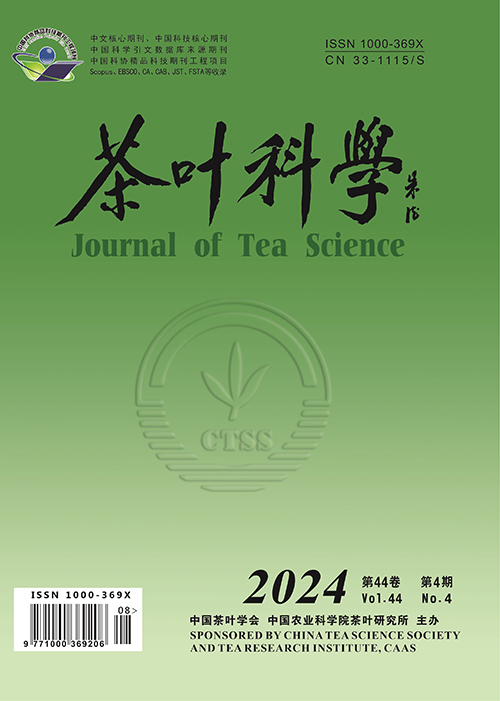基于HACCP的食品安全管理体系对提高斯里兰卡茶业食品安全的影响
引用次数: 7
摘要
本研究旨在识别和评估低种植正统红茶生产过程中的主要食品安全违规行为,同时评估基于HACCP的食品安全管理体系(FSMS)对茶行业的影响。采用分层随机抽样,根据GMP要求对定性数据进行加权平均,并转换为用于统计分析的定量值。采用代表性样本评价了基于HACCP的FSMS在提高食品安全方面的作用。组织和管理责任与机构设计和设施有很强的相关性,而质量保证与所有因素有很强或中等的相关性。根据调查结果,病虫害防治和个人卫生工作进展不理想。工厂设计和设施(ED&F)是食品卫生问题的主要根源,需要持续的关注和最高管理层的承诺以及额外的资本投资来改善该部门制造工厂的设计和设施。同样,质量保证体系不完全符合食品安全,主要是由于系统开发不完整,缺乏行业专业知识以及不适当的做法。然而,基于HACCP的FSMS为提高GMP要求创造了有利的环境,同时也增加了茶行业食品安全的实施。然而,与没有基于HACCP的FSMS的工厂相比,拥有基于HACCP的FSMS的工厂拥有更好的基础设施和经过培训的操作人员的系统操作。实施基于HACCP的FSMS的工厂,其加工、记录和人员卫生的效果都得到了满意的改善。本文章由计算机程序翻译,如有差异,请以英文原文为准。
Impact of HACCP Based Food Safety Management Systems in Improving Food Safety of Sri Lankan Tea Industry
A study was conducted to identify and assess the major food safety violations in low grown orthodox black tea manufacturing process while assessing impact of HACCP based food safety management system (FSMS) in tea industry. Stratified random sampling was used where qualitative data was weighted averaged against GMP requirements and converted in to quantitative values to be used in statistical analyses. The impact of HACCP based FSMS in improving food safety was evaluated using representative sample. Organization and management responsibility was strongly correlated with establishment design and facilities while quality assurance had a strong or moderate correlation with all the factors. Pest control and personal hygiene was not satisfactorily developed according to the results. Establishment design and facilities (ED&F) was the major root cause for the food hygiene problems identified where continuous attention and top management commitment as well as additional capital investments were needed to improve design and facilities of manufacturing plants in the sector. Similarly, Quality assurance systems were not in complete compliance with food safety, mostly due to the incomplete system developments, lack of expert knowledge in the industry as well as inappropriate practices. However, HACCP based FSMS have created enabling environment to improve GMP requirements while increasing food safety implementation in tea industry. Nevertheless, factories with HACCP based FSMS had better infrastructure and systematic operations with trained operators rather than factories without any HACCP based FSMS. The efficacy of processing, recording and personnel hygiene were satisfactorily improved in factories which had implemented HACCP based FSMS.
求助全文
通过发布文献求助,成功后即可免费获取论文全文。
去求助
来源期刊
CiteScore
1.50
自引率
0.00%
发文量
2558
期刊介绍:
The Journal of Tea Science was established in August 1964, approved by the Publicity Department, CCCPC. Its title was inscribed by Zhu De, the chairman of CCCPC. It was discontinued during the Cultural Revolution in 1966, and it was reissued in August 1984, approved by the State Scientific and Technological Commission.Academicians Chen Zongmao and Liu Zhonghuaof the Chinese Academy of Engineering served as the directors of the editorial board. The Journal of Tea Science is managed by the China Association for Science and Technology,sponsored by the China Tea Science Society and the Tea Research Institute of the Chinese Academy of Agricultural Sciences, and edited and published by the editorial office of the Journal of Tea Science. It is the only one of Chinese core journals in the field of tea science that is included in the core library of the Chinese Science Citation Database.Its Domestic Unified Serial Number is CN 33-1115/S, its International Standard Serial Number is ISSN 1000-369X and its International publication name code is CODEN-CHKEF4. At present, the Journal of Tea Science is a bimonthly publication, published in the middle of the month, with a book size of 16.

 求助内容:
求助内容: 应助结果提醒方式:
应助结果提醒方式:


